You’ve had an Accident. Your Vehicle is Damaged.
Now you are counting on insurance... to help pay for the repairs...
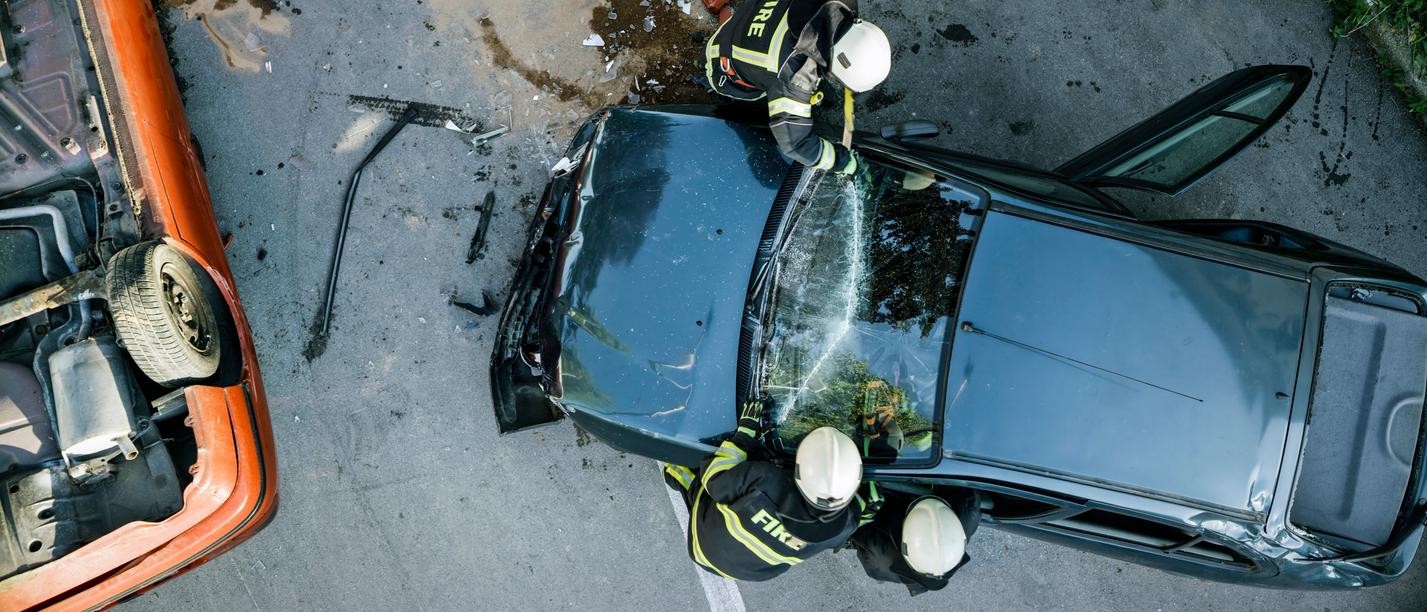
Can I take my car to the repair shop of my choice?
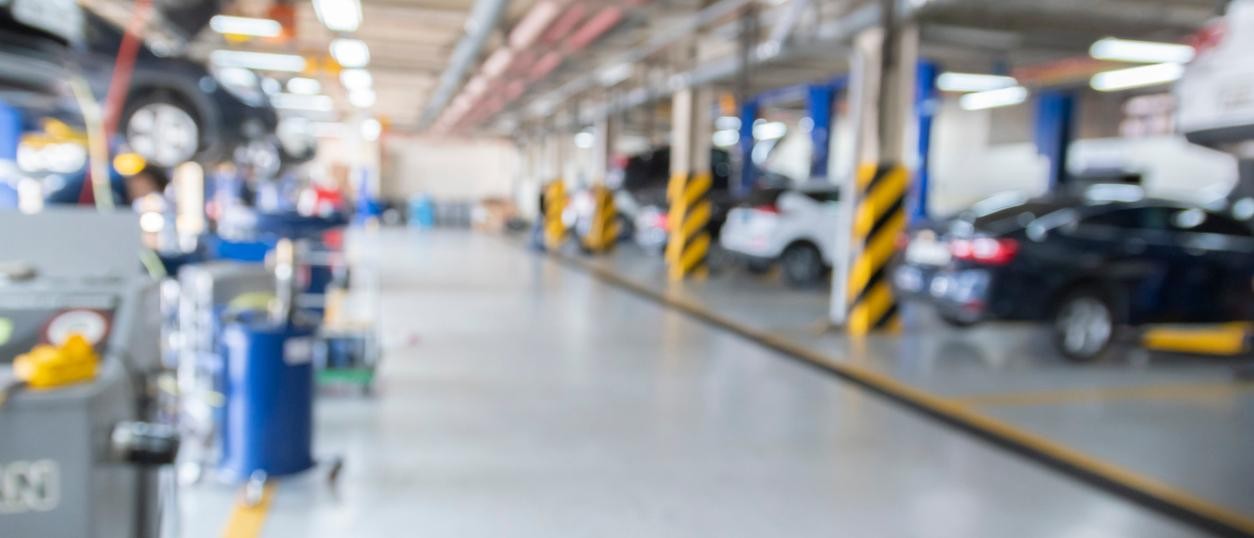
Does my insurance company have the right to inspect my vehicle?

How long will I have to wait for an inspection?

Am I responsible for obtaining more than one estimate?
Your insurance company may require more than one estimate before settling your claim. Multiple estimates help insurers determine the extent of your loss and prevent fraudulent claims. However, if the insurer requests more than two, they must pay for each additional estimate. Also, your insurance company cannot require unreasonable travel for you to obtain an estimate or for the company to inspect your vehicle.
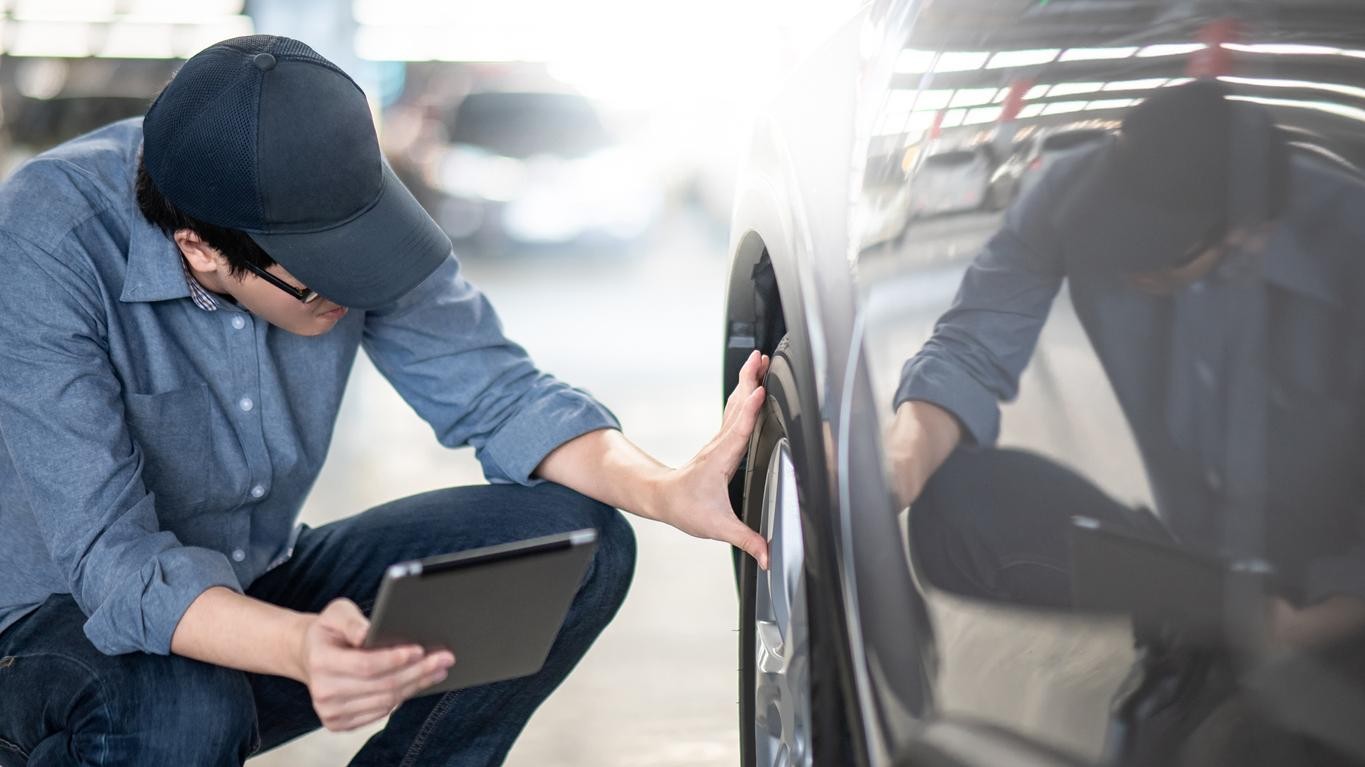
Can the repair shop I select adjust its estimates and charges to absorb the deductible required by my insurance company?
No. The repair shop cannot change the cost of repairs to help you pay your deductible. Misrepresenting the cost of repairs constitutes fraud.

Can I have my vehicle repaired with original equipment parts … and will the insurance company pay for them?
If parts are being replaced on your damaged vehicle, your insurance company is required to pay for original equipment (OE) parts, unless you agree to after market parts (parts not made by your vehicle’s manufacturer). However, your insurance company is only responsible for restoring your vehicle to the way it was before it was damaged. If your vehicle was not new at the time of the loss, the insurer does not have to pay for new OE parts. They must pay for parts of like kind and quality (OE parts of comparable age and condition). If you request new OE parts on an older vehicle, you may have to pay the difference.

If I do not agree with my insurance company about the amount of damage, is there something I can do?
Yes. The insurance company is required to return your vehicle to the condition it was in before it was damaged. The company can either pay all costs to satisfactorily repair your vehicle, including all obvious and hidden damage, or they may offer a cash settlement to pay for the satisfactory repair of your vehicle. If you disagree with the insurance company about whether they have met their requirements under the law, contact the Department of Commerce Consumer Response Team (CRT). You may have the ability to pursue action in small claims court if you are filing a claim against another party’s company, or you can invoke the appraisal process (which is explained in your policy) if you are filing a claim with your own company.

What is the difference between “betterment” and “depreciation?” Can my insurance company reduce my settlement based on either?
Both terms refer to reductions in your settlement. Betterment means that your repaired vehicle is better than it was before it was damaged. Your insurance company can only charge you for betterment if the repairs increase your vehicle’s resale value over what it was before the accident. Depreciation refers to a reduction in your settlement based on the age or use of a part that is to be replaced. Certain parts on your vehicle have a life expectancy and your insurance company may take this into consideration. For example, if a tire on your vehicle is expected to last 60,000 miles, but it was used for 30,000 miles at the time of the accident, your insurance company may elect to pay only 50% for a new tire. The company can also deduct the difference in cost if you insist on using a new part, rather than an available used part, appropriate for the age and condition of the vehicle.
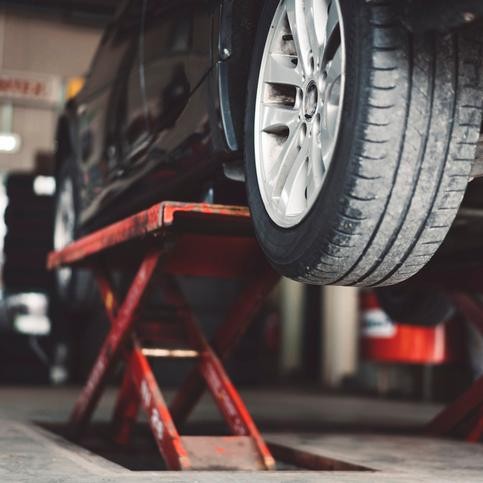
What do I do if the company gives me a comparative negligence assignment?
Insurance companies are required to conduct a reasonable investigation and offer a fair settlement once liability has become reasonably clear. Your settlement may be reduced if the investigation determines that you were even partially responsible for the accident. If the facts of the case seem clear and you believe the other party’s carrier made an unreasonable determination of comparative negligence, you may complain to the Department of Commerce. You may also take the driver of the other car to Conciliation Court if the amount of your claim is below the Court’s dollar ceiling. Note: Minnesota law does not allow insurers to automatically assign a percentage of negligence simply because you were involved in the accident.

How do Minnesota’s No-Fault laws apply?
Many people misunderstand Minnesota’s no-fault law. No-fault provisions relate only to medical loss, work loss, or loss of essential services and are only available from your own insurance company. The No-Fault law is not related to physical damage to your vehicle.
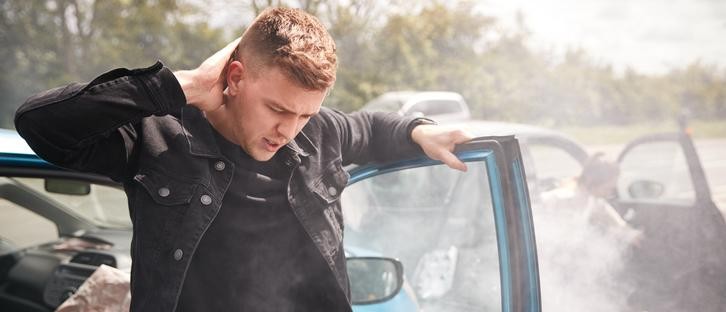
Do I have the right to a rental car?
If you have not purchased this coverage, and you were responsible for the accident, you would not be entitled to reimbursement under your policy. If you have purchased rental car coverage, you can file a claim with your own company for reimbursement. Generally, you are entitled to a vehicle comparable to your own. However, in the case of certain high-value, high-cost vehicles, you may have to demonstrate your need for a specific replacement vehicle. If you did not purchase this coverage, or you do not want to file a claim with your insurer, and if it is determined that another driver was liable for the accident, you would have the right to seek reimbursement from their insurer.

How is the fair market value of my totaled vehicle determined?
When an insurance company totals your car, the company must pay you what the car was worth before the accident occurred. This amount is called the fair market value, and includes adjustments for the vehicle’s features, mileage and prior damage. There are several firms that evaluate and publish automobile market values and the results can vary. Whether the insurance company uses one of these evaluation firms or does its own evaluation, the method the company uses must be documented and must comply with the procedures described in the Minnesota Fair Claim Settlement Act. You can ask to see the evaluation and ask how the fair market value was determined. If this information is not provided at your request, or if you believe it does not comply with Minnesota law, you should contact the Department of Commerce. You should check with dealers, newspaper ads, used vehicle publications, and other sources to gather your own information on your vehicle’s fair market value to compare with the value provided by the insurance company. You have the right to negotiate with the company if you believe your car was worth more than what they offer.

Can I buy back my totaled vehicle?
Maybe. Once the insurance company has paid you the fair market value for your vehicle, the company owns the vehicle. Accordingly, the company can decide whether to sell the car back to you or retain it for its own use. Technically, if the company does sell it back to you, it can determine the price.
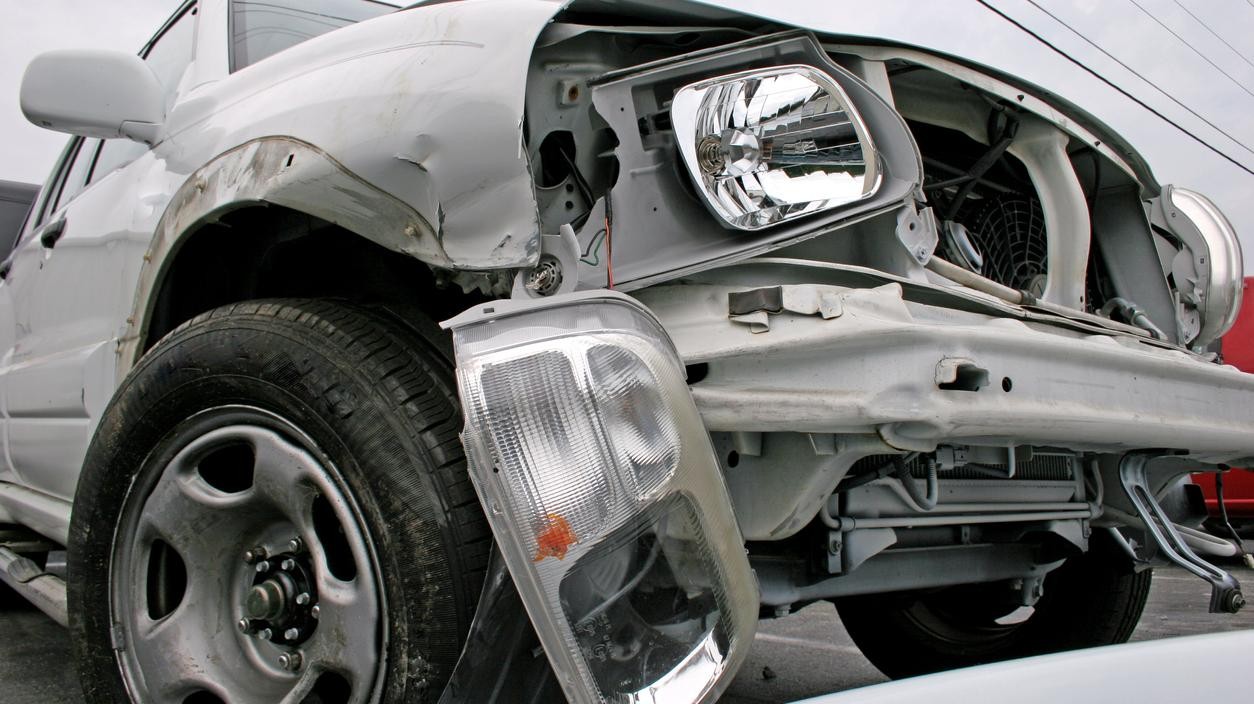
Should I use my own insurance?
There are varying opinions on this. Some people feel that if they file a claim with their own insurance company, even though they believe the other party is at fault, the claim will be settled quicker than if they deal with the other party’s insurer. In reality, it may not work that way. If you file the claim with your own company, and the facts indicate the other party was mostly or completely at fault, your insurer may subrogate the claim with the other party’s insurance company to reimburse itself for the amount it paid to you for your claim. The downside to this is that there is no requirement, either by law or in your policy, that your
insurance company must subrogate your claim. If your company decides not to subrogate the claim, it may be able to surcharge your policy for the amount it paid out to you. There is also no required time frame for the subrogated claims process, so it may take months for your insurance company to get reimbursed and to return your deductible to you.

Will having an accident make my insurance rates increase, even if the accident was not my fault?
Most insurance companies will surcharge your policy, meaning they can increase your premium based on an accident or a traffic violation. The surcharge is imposed as a result of the claim payment and not based on who was at fault. Sometimes there is a dollar threshold, or sometimes the second or third not-at-fault accident can trigger a surcharge. The surcharge is usually limited to a specific period of time, such as 36 months. (Read the surcharge disclosure sheet provided with your policy.) A surcharge would not apply, of course, if the other party’s insurance company paid the claim or reimbursed your company for 80 percent or more of the costs for repairing your vehicle.
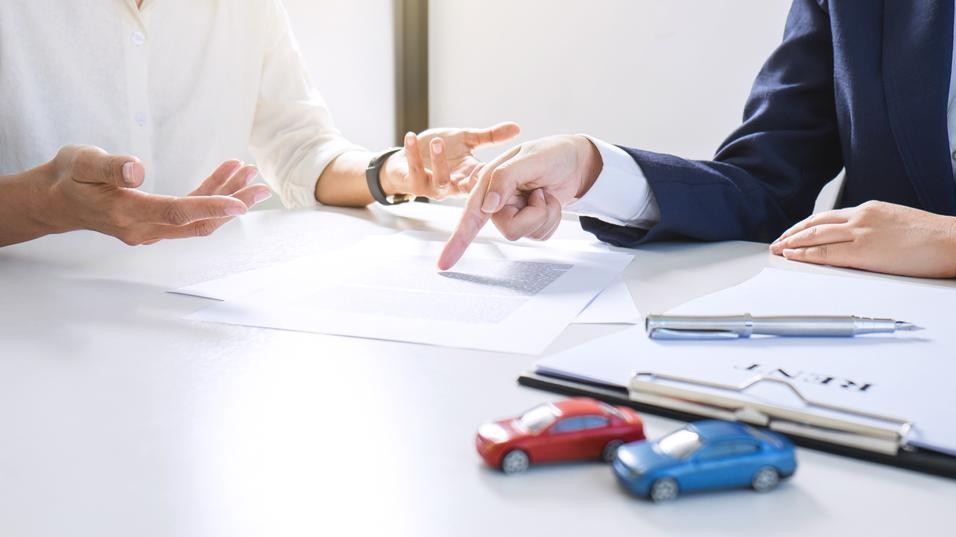
What if my claim is denied?
First, find out whether the company has an appeals process or an arbitration process. If they use arbitration, ask whether the process is binding arbitration (which means the arbiter’s decision is final), or non-binding (meaning you can still take the insurance company to court if you are unsatisfied with the decision). Depending on the amount of money in dispute, you can seek relief through Conciliation or District Court. Call the Department of Commerce, Consumer Response Team for advice or assistance with your claim.
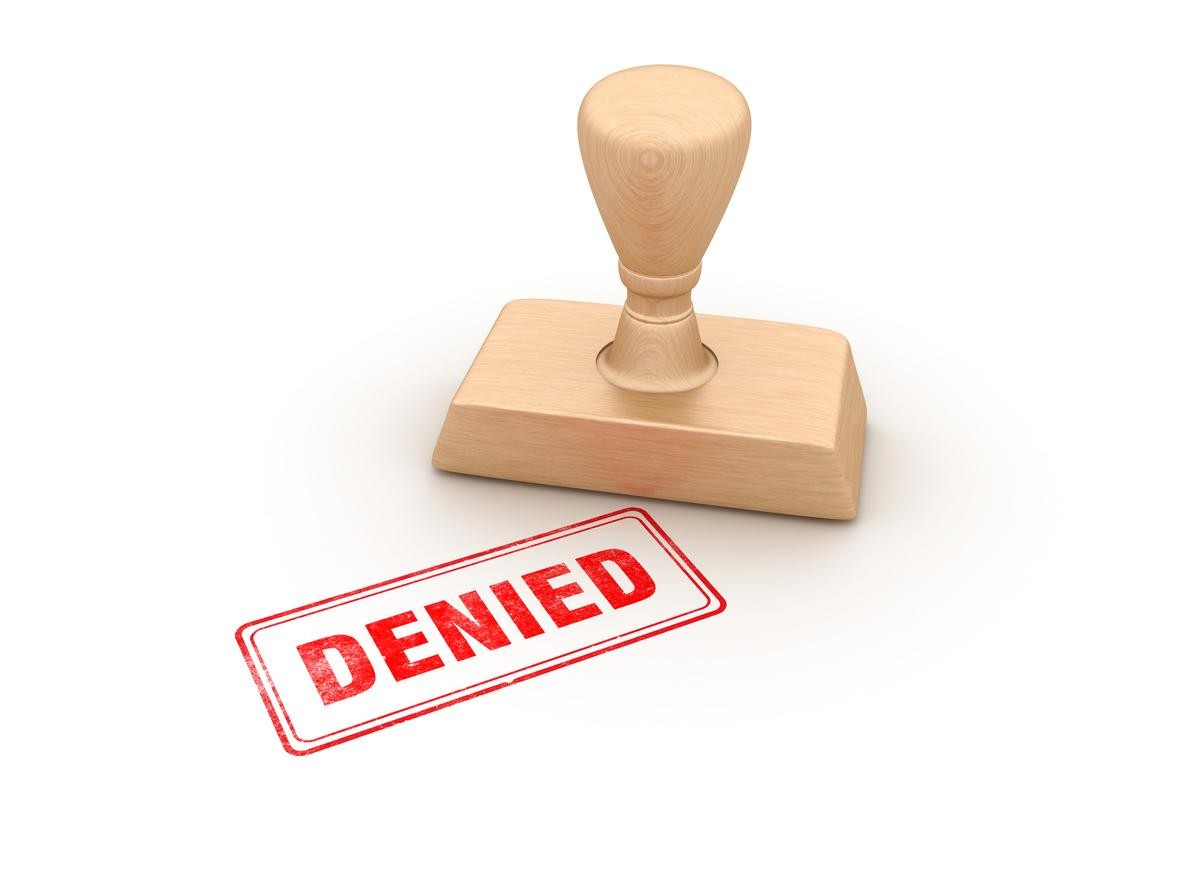
What if I cannot resolve a problem with my insurance company?
First, speak to the adjuster assigned to your claim or the supervisor in charge. If you are still unable to resolve the issue, contact the Minnesota Department of Commerce, Consumer Response Team (CRT). The CRT helps consumers with insurance questions and complaints. If there is a dispute with a company or person licensed by the Department of Commerce, the CRT will attempt to resolve the matter informally. If the issue cannot be resolved in this way, you may be asked to send a letter to the department in order to begin a formal investigation.

Definition of terms used in this guide:
Appraisal clause — A clause in all auto insurance policies that provides an appraisal procedure you can use to settle a disagreement between yourself (the insured) and the insurance company over the amount of loss. This procedure allows both parties to choose an appraiser to re-evaluate the damages. If the two appraisers don’t agree, a third party (called the “umpire”) makes the final determination.
Comparative negligence — The amount or percentage of negligence (responsibility or fault) assigned to one or more of the parties in an accident.
Consumer Response Team (CRT) — Staff at the Department of Commerce, which responds to consumers’ questions and complaints about insurance matters. CRT staff can help resolve disputes between consumers and insurance companies when necessary.
Deductible — A set amount the policyholder agrees to pay, per claim or per accident, toward the total amount of an insured loss. You must pay the deductible amount before the insurance company pays any benefits.
Department of Commerce —The state department that licenses and regulates insurance companies, agents, and adjusters.
No-fault laws — No-fault coverage only applies to medical costs, wage loss, or other costs related to injuries sustained in an accident.
Preferred provider —A service provider, such as an automotive repair shop, that has agreed to provide repairs and service claims under terms established by an insurance company.
Subrogation — The process by which one insurance company seeks reimbursement from another company or individual for a claim it has already paid.
Surcharge —An additional charge added to your premium for traffic violations or accidents. The charge varies from company to company and is typically assessed for a defined period, such as 36 months from the date of the violation or accident.
For More Information
For answers to specific questions about your auto insurance claim, contact the
Minnesota Department of Commerce, Consumer Response Team at: 651-296-2488 Toll Free 800-657-3602 85 7th Place East, Suite 500 St. Paul, MN 55101- 2198 www.commerce.state.mn.us The Alliance of Automotive Service Providers of Minnesota (AASP) represents independently owned automotive service businesses. Contact AASP at: 612-623-1110 Toll Free 800-852-9071 www.aaspmn.org
Prepared by the Minnesota Department of Commerce in Cooperation with the Alliance of Automotive Service Providers

Merit Chevrolet
2695 BROOKVIEW DR (I-94 & CENTURY AVE)
MAPLEWOOD
MN
55119-4794
US
Hours Of Operation
Body Shop
- Monday
- Tuesday
- Wednesday
- Thursday
- Friday
- Saturday
- Closed
- Sunday
- Closed


